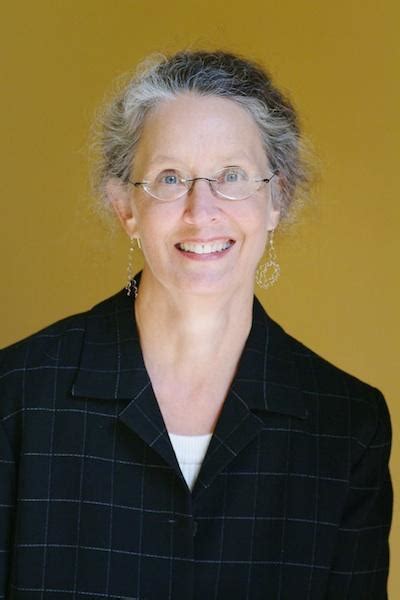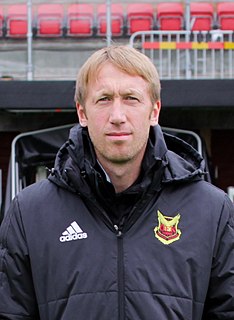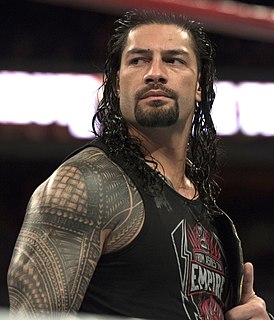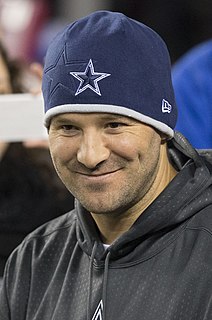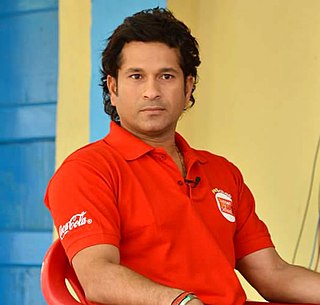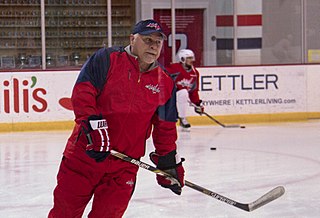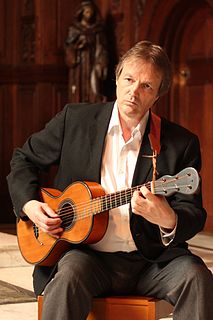A Quote by Caroline B. Cooney
in Los Angeles ... was the thinking-est crowd on earth: how to get ahead, how to mold a better body, how to have a better relationship, how to score, earn, fight, win, get published, be a star.
Related Quotes
They're human beings before they're footballers and it's important to understand how can I help them. What do they need? How can they feel part of this? How can they feel they're improving in their career, because my job is to help them get better, play better football, earn a better contract, whatever it is.
No matter how good you think you are as a leader, my goodness, the people around you will have all kinds of ideas for how you can get better. So for me, the most fundamental thing about leadership is to have the humility to continue to get feedback and to try to get better - because your job is to try to help everybody else get better.
As we get better at understanding how little we know about the body, we begin to realize that the next big frontier in medicine, is energy medicine. It's not the mechanistic part of the joints moving. It's not the chemistry of our body. It's understanding for the first time how energy influences how we feel.
